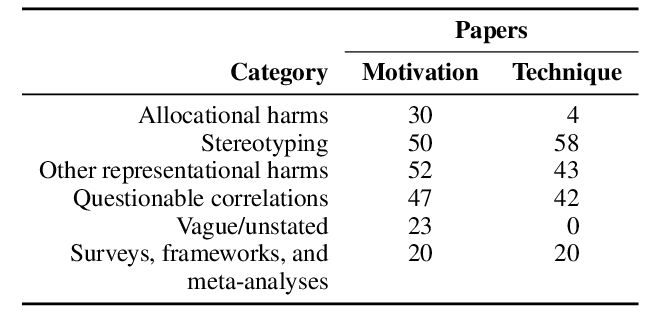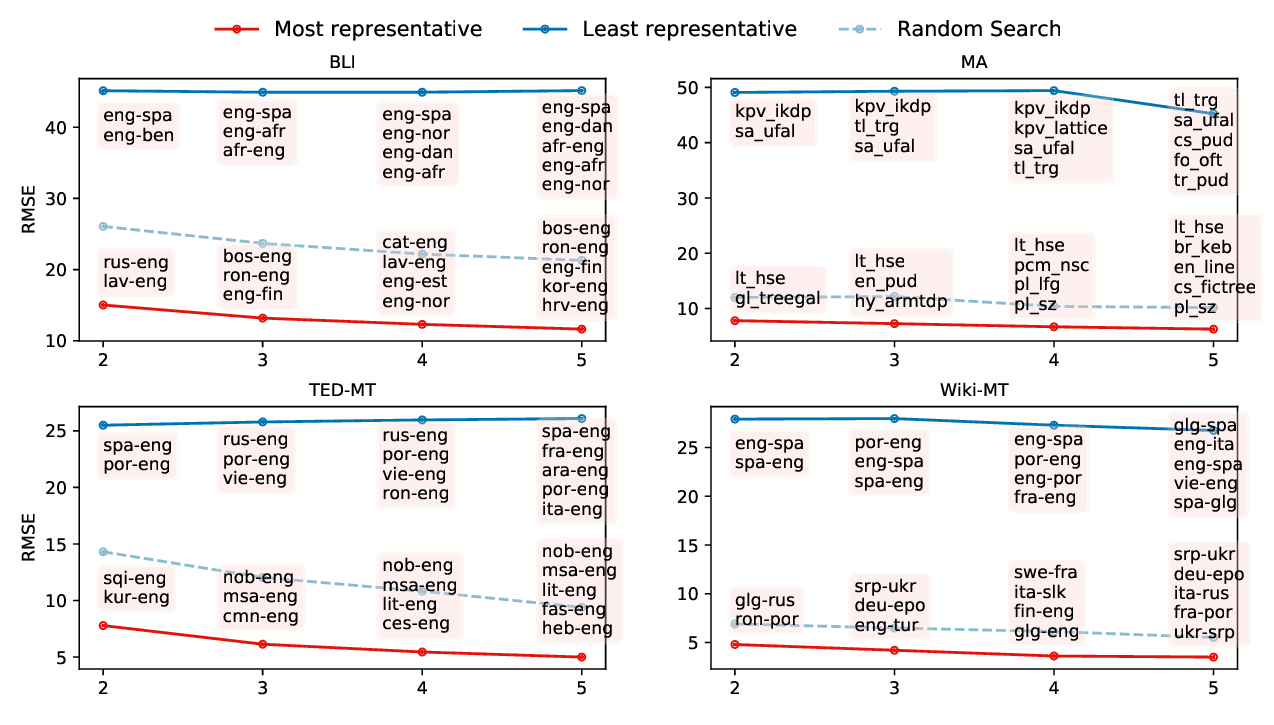Not All Claims are Created Equal: Choosing the Right Statistical Approach to Assess Hypotheses
Erfan Sadeqi Azer, Daniel Khashabi, Ashish Sabharwal, Dan Roth
Resources and Evaluation Long Paper
Session 9B: Jul 7
(18:00-19:00 GMT)

Session 10B: Jul 7
(21:00-22:00 GMT)

Abstract:
Empirical research in Natural Language Processing (NLP) has adopted a narrow set of principles for assessing hypotheses, relying mainly on p-value computation, which suffers from several known issues. While alternative proposals have been well-debated and adopted in other fields, they remain rarely discussed or used within the NLP community. We address this gap by contrasting various hypothesis assessment techniques, especially those not commonly used in the field (such as evaluations based on Bayesian inference). Since these statistical techniques differ in the hypotheses they can support, we argue that practitioners should first decide their target hypothesis before choosing an assessment method. This is crucial because common fallacies, misconceptions, and misinterpretation surrounding hypothesis assessment methods often stem from a discrepancy between what one would like to claim versus what the method used actually assesses. Our survey reveals that these issues are omnipresent in the NLP research community. As a step forward, we provide best practices and guidelines tailored to NLP research, as well as an easy-to-use package for Bayesian assessment of hypotheses, complementing existing tools.
You can open the
pre-recorded video
in a separate window.
NOTE: The SlidesLive video may display a random order of the authors.
The correct author list is shown at the top of this webpage.
Similar Papers
Language (Technology) is Power: A Critical Survey of "Bias" in NLP
Su Lin Blodgett, Solon Barocas, Hal Daumé III, Hanna Wallach,

Give Me Convenience and Give Her Death: Who Should Decide What Uses of NLP are Appropriate, and on What Basis?
Kobi Leins, Jey Han Lau, Timothy Baldwin,

Predicting Performance for Natural Language Processing Tasks
Mengzhou Xia, Antonios Anastasopoulos, Ruochen Xu, Yiming Yang, Graham Neubig,

